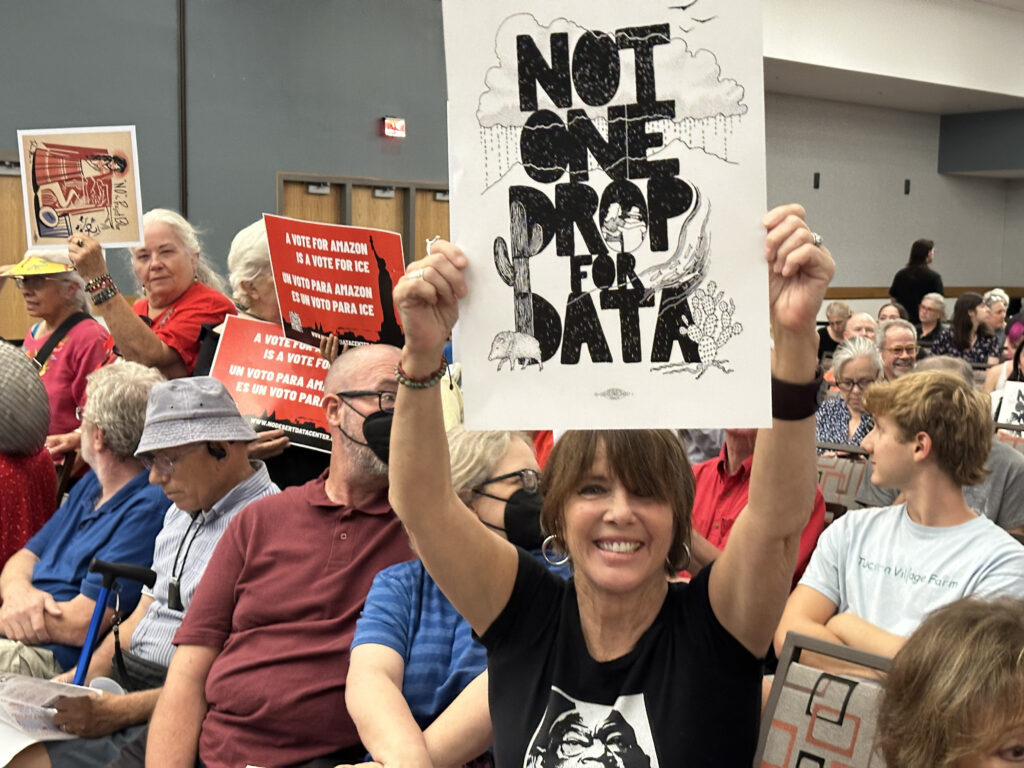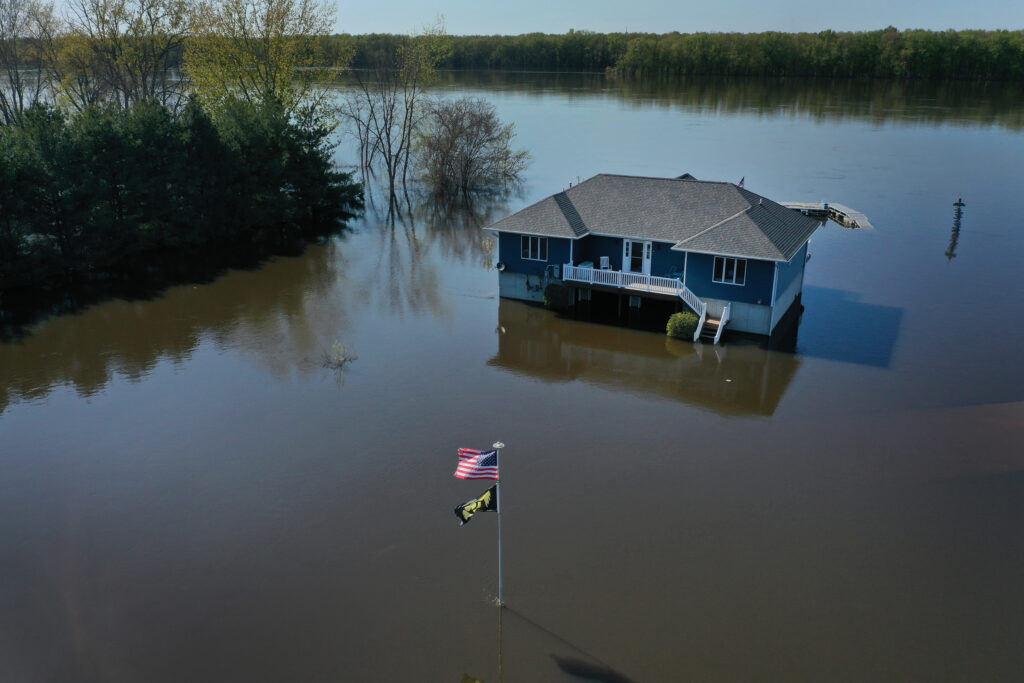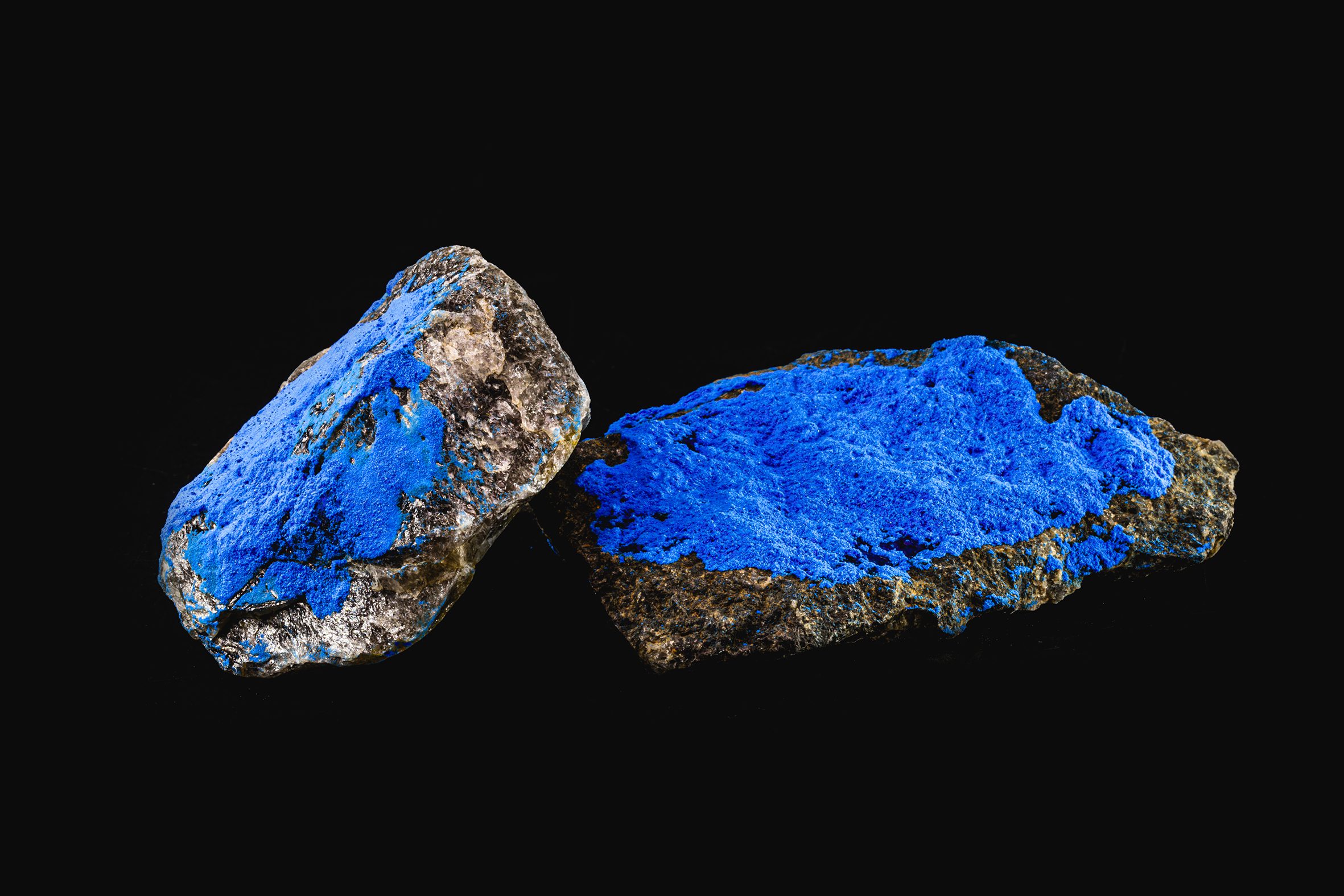The Inter-American Court of Human Rights ruled on Thursday that the Ecuadorian government violated the rights of uncontacted Indigenous peoples living in the Amazon rainforest, a landmark decision that strikes at Ecuador’s powerful oil industry.
The Costa Rica-based court ordered the Ecuadorian government to ensure any future expansion or renewal of oil operations does not impact Indigenous peoples living in voluntary isolation.
There are at least three groups of Indigenous peoples living in voluntary isolation in the Ecuadorian Amazon: the Tagaeri, Taromenane and Dugakaeri. Indigenous peoples living in voluntary isolation is a term used to describe Indigenous people who refuse or have not had contact with the outside world.
The Ecuadorian government violated the rights of those groups by allowing oil drilling to go forward inside portions of Yasuni National Park where uncontacted groups are known to inhabit, the court ruled. Ecuador must honor the results of a 2023 referendum, in which Ecuadorian voters chose to stop oil operations in that region indefinitely, the court said.
We’re hiring!
Please take a look at the new openings in our newsroom.
See jobs
The judges emphasized that Indigenous peoples living in voluntary isolation are particularly vulnerable to impacts on their environment. Thus, any activities that could affect their territories, like oil drilling, must be carefully evaluated. The court ordered the Ecuadorian government to apply the “precautionary principle” when making decisions about future oil operations.
“This principle means that, even in the absence of scientific certainty regarding oil exploration and exploitation projects’ impacts on this territory, effective measures must be adopted to prevent serious or irreversible damage, which in this case would be the contact of these isolated populations,” said the opinion, written in Spanish.
Thursday’s ruling is the first time an international court has ruled on whether a government has done enough to protect the rights of people living in voluntary isolation.
The court underscored that the rights of people living in voluntary isolation includes not just their physical territories but also their cultural identity, health, food security, housing and the overall environment necessary for their dignified life.
The court also directed the government to enact measures to prevent third parties, like illegal loggers, from invading uncontacted peoples’ lands and jeopardizing their right to remain uncontacted.
Multiple international treaties recognize the rights of people living in voluntary isolation to remain uncontacted.

The court suggested that to fully protect the rights of the Tagaeri, Taromenane and Dugakaeri, the government may need to expand a Delaware-sized area of rainforest and its 6-mile buffer zone that are supposed to be off-limits to extractive activity. The ruling noted that there have been multiple sightings of uncontacted groups traveling outside the designated off-limits area, known as the “Intangible Zone.”
In recent years, oil operations have expanded into the buffer area surrounding the Intangible Zone.
Ecuador’s Procurador General’s office, which defended the government in the case, did not respond to requests for comment.
The court said the Ecuadorian government violated the rights of two uncontacted girls who survived a violent attack on their community in 2013. The girls, the court said, were subject to multiple rights violations, including to their personal integrity, cultural identity, appropriate health care and participation in decisions affecting their lives. All of the violations stemmed from the attackers’ invasion of their territory, the contact forced on the girls and the government’s inadequate response to their situation.
This story is funded by readers like you.
Our nonprofit newsroom provides award-winning climate coverage free of charge and advertising. We rely on donations from readers like you to keep going. Please donate now to support our work.
Donate Now
The United Nations estimates that about 200 Indigenous communities live in voluntary isolation across at least nine countries: Bolivia, Brazil, Colombia, Ecuador, India, Indonesia, Papua New Guinea, Peru and Venezuela.
The ruling also impacts other Indigenous groups who either share territories with the Tagaeri, Taramonae and Dugakaeri or live nearby. That includes Waorani people in recent contact. The Tagaeri, Taramonae and Dugakaeri are a subset of Waorani peoples, and the groups share the same language and culture.
The Missionaries and the Oil Company
All Waorani people lived uncontacted in the Ecuadorian Amazon until the late 1950s, when American Christian missionaries began to force contact on Waorani groups to evangelize them. A few years later, the U.S. oil company Texaco worked with the missionaries to accelerate their forced contact campaign and remove Waorani people from their oil-rich lands.
Ever since, the oil industry’s operations have expanded deeper into Waorani groups’ territories, displacing some communities and driving uncontacted and recently contacted communities into a smaller and smaller area of shared rainforest.
This has put an enormous amount of pressure on Waorani communities that need large territories to survive and to have access to their culture, which is deeply reliant upon sizable and healthy rainforest lands and waterways.


The oil industry, including Texaco (now Chevron), has spilled, flared and intentionally dumped vast amounts of toxic pollution into the region’s air, water and soil, according to court documents and multiple reports. Oil industry roads have opened up previously inaccessible forest to colonization and other extraction activities like illegal logging and mining.
Beginning in 2003, a string of high-profile killings took place between illegal loggers using guns and uncontacted groups, who defended their territories with spears.
In 2006, activists Fernando Ponce Villacís, Raúl Moscoso, Juan Guevara and Patricio Asimbaya filed a petition with the Inter-American Commission on Human Rights, alleging that the Ecuadorian government had violated the rights of Tagaeri and Taramonae by failing to safeguard their territories.
The commission, based in Washington, D.C., is an independent arm of the Organization of American States that investigates complaints filed against OAS members. The commission helps governments comply with their human rights obligations and can also refer cases to the Inter-American Court of Human Rights, which hears cases filed against governments that have accepted its jurisdiction. Ecuador is one of 20 countries in the Americas that has done so.
In 2006, the commission asked the Ecuadorian government to implement measures to protect the lives and territories of the Tagaeri and Taramonae.
In response, the Ecuadorian government, in 2007, demarcated the “Intangible Zone,” covering about 700,000 hectares of rainforest meant to be off-limits to extractive activities for the benefit of the uncontacted groups. The government also installed a checkpoint on a river used to access remote parts of the Amazon rainforest.
Human rights experts have criticized the Ecuadorian government’s efforts, saying its policies were designed to accommodate the oil industry. Uncontacted groups are known to travel outside the Intangible Zone, for instance, but officials have not expanded the extraction-free zone to reflect that reality.
In 2013, the Ecuadorian government quietly adjusted official maps designating where uncontacted groups were known to travel. The new maps indicated, without justification, that uncontacted groups no longer traveled through an oil-rich area known as the Ishpingo, Tambococha and Tiputini oil fields.
The government then announced it would open up drilling in those fields.
That same year, two more violent attacks involving uncontacted groups took place, including a massacre of around 30 uncontacted people. Two surviving girls referred to in Thursday’s ruling, then aged about 2 and 6, now live in different parts of the Ecuadorian Amazon region.
In 2020, the Inter-American commission referred the case to the Inter-American Court of Human Rights. Thursday’s ruling was the culmination of that move, though the court ordered the Ecuadorian government to report back to the court on its compliance measures.
About This Story
Perhaps you noticed: This story, like all the news we publish, is free to read. That’s because Inside Climate News is a 501c3 nonprofit organization. We do not charge a subscription fee, lock our news behind a paywall, or clutter our website with ads. We make our news on climate and the environment freely available to you and anyone who wants it.
That’s not all. We also share our news for free with scores of other media organizations around the country. Many of them can’t afford to do environmental journalism of their own. We’ve built bureaus from coast to coast to report local stories, collaborate with local newsrooms and co-publish articles so that this vital work is shared as widely as possible.
Two of us launched ICN in 2007. Six years later we earned a Pulitzer Prize for National Reporting, and now we run the oldest and largest dedicated climate newsroom in the nation. We tell the story in all its complexity. We hold polluters accountable. We expose environmental injustice. We debunk misinformation. We scrutinize solutions and inspire action.
Donations from readers like you fund every aspect of what we do. If you don’t already, will you support our ongoing work, our reporting on the biggest crisis facing our planet, and help us reach even more readers in more places?
Please take a moment to make a tax-deductible donation. Every one of them makes a difference.
Thank you,

















